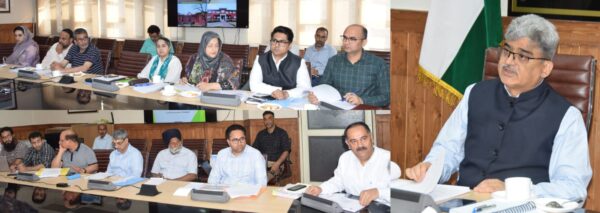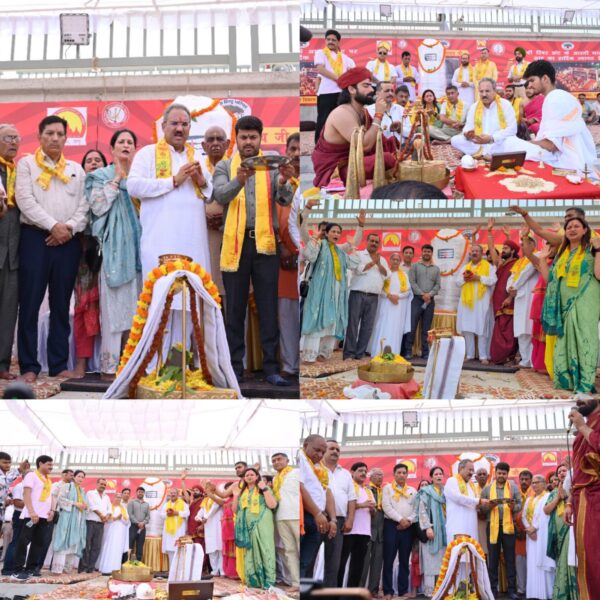
Assembly or Akhada? How Chaos in J&K Legislature Is Damaging Democracy
Published on April 9, 2025
Posted by RNA Editor
Assembly or Akhada? The Decline of Democratic Decorum and Public Trust in Jammu & Kashmir
Legislative assemblies and parliaments are not arenas for physical strength or theatrical performances. Their true purpose lies in representing the people’s will, enacting laws, and ensuring government accountability. These institutions are designed for informed debate, civil discourse, and decisions that impact the lives of millions.
The power of a legislature comes not from volume or aggression, but from the knowledge, wisdom, and foresight of its members. However, what unfolded over the past few days in the Jammu & Kashmir Assembly paints a very different picture — one that resembles a wrestling ring more than a hall of governance.
Physical altercations, shouting matches, and disruption of proceedings dominated the Assembly floor. From rival party clashes to lawmakers storming the Well of the House and even attempts to confront marshals, the events were deeply unsettling. Time that should have been dedicated to addressing public concerns was squandered in chaos and unruly behavior — at the cost of both time and taxpayer money.
When personal attacks, verbal brawls, and physical aggression take center stage, the very sanctity of democratic institutions is compromised. The Assembly starts to resemble an akhada — a battleground for egos rather than ideas. Citizens do not elect gladiators; they elect responsible representatives to raise concerns, propose solutions, and enact meaningful change.
Such spectacles not only erode public confidence but also raise alarm over the quality of political discourse in the region. It reflects a disturbing shift from substance to spectacle, where governance is sidelined for personal feuds and party theatrics.
Jammu & Kashmir faces real and pressing issues — rising unemployment, weak infrastructure, a struggling economy, and unresolved political grievances. The Assembly should function as a place to find solutions to these challenges — not distract from them.
Democracy demands maturity, discipline, and accountability — especially from those in leadership roles. Lawmakers must lead by example, not indulge in disruptive behavior. Constructive debate, calm deliberation, and respect for institutional norms are essential for a healthy democracy.
Political parties also carry a great responsibility. They must instill discipline among their members, provide regular training on legislative procedures, and create systems to curb disorderly conduct. Rewarding aggressive behavior or glorifying disruption undermines the spirit of democratic governance.
The Speaker of the Assembly holds a vital role in this equation. Maintaining order, enforcing rules impartially, and taking strict action when necessary are critical to preserving institutional dignity.
Media, too, has a significant part to play. While it is important to report such incidents, excessive dramatization must be avoided. Instead, coverage should focus on accountability and solutions, helping the public stay informed without encouraging spectacle.
This incident should serve as a wake-up call — for politicians, institutions, and citizens alike. Governance is a serious responsibility, not a stage for attention-seeking acts.
Ultimately, democracy is not just about winning elections. It is about conduct, conscience, and commitment to public service. When legislative chambers become arenas of chaos, we risk losing the essence of representative democracy. The real battle is not between opposing parties, but between genuine governance and empty gimmickry — and it is the people who must hold the final say.
NDMA to conduct Disaster Management…
DIG NKR Baramulla Conducts Security…
Baisakhi Celebrated in Baramulla with…
Kashmir JAEOs Demand Equal Promotion…
No epapers found.





